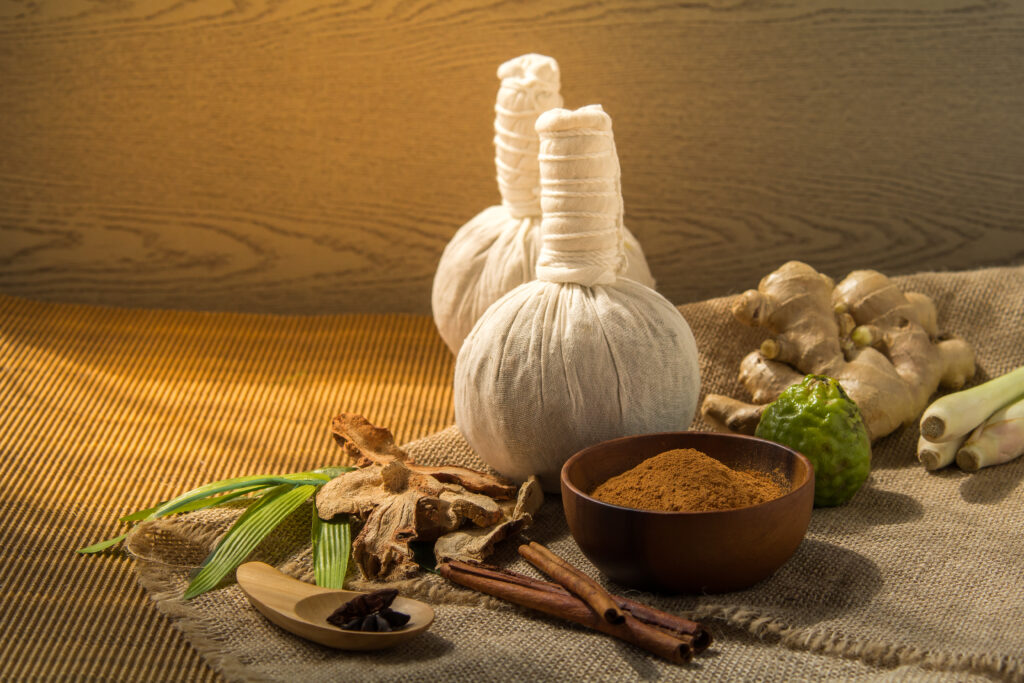
Panchakarma is a cornerstone therapeutic approach in Ayurveda, an ancient holistic system of medicine originating in India. The term “Panchakarma” translates to “five actions” in Sanskrit, referring to a set of cleansing and rejuvenating techniques aimed at restoring balance and harmony in the body, mind, and spirit.
The primary goal of Panchakarma is to eliminate toxins (ama) accumulated in the body due to poor diet, lifestyle choices, environmental factors, and emotional stress. According to Ayurvedic principles, the accumulation of ama disturbs the natural equilibrium of the doshas (vata, pitta, and kapha), leading to various diseases and imbalances.
The five main procedures of Panchakarma include:
Vamana (Therapeutic Vomiting): This process involves inducing controlled vomiting to expel excessive mucus and toxins accumulated in the respiratory and gastrointestinal tract, particularly in individuals with predominant kapha dosha imbalances.
Virechana (Purgation): Virechana aims to eliminate excess pitta dosha and toxins accumulated in the liver, gallbladder, and intestines through the use of purgative substances. It helps to improve digestion, purify the blood, and balance the body’s heat.
Basti (Enema Therapy): Basti involves administering herbal decoctions and oils rectally or vaginally to cleanse the colon and balance vata dosha. It is highly beneficial for disorders related to the lower abdomen, such as constipation, IBS, and certain gynecological issues.
Nasya (Nasal Administration): Nasya involves administering medicated oils or herbal preparations into the nostrils to cleanse and lubricate the nasal passages, improve respiratory health, and alleviate conditions affecting the head and neck region, such as sinusitis, headaches, and neurological disorders.
Raktamokshana (Bloodletting): Raktamokshana is a specialized procedure aimed at purifying the blood by removing impurities and excess pitta dosha. It is rarely performed and usually reserved for specific conditions like skin disorders and blood-related diseases.
Benefits of Panchakarma include:
- Detoxification: Panchakarma helps to eliminate accumulated toxins and purify the body, promoting overall health and well-being.
- Balancing Doshas: By addressing imbalances in the doshas, Panchakarma helps to restore harmony and prevent the onset of diseases.
- Enhanced Digestion: The cleansing procedures of Panchakarma support healthy digestion and metabolism.
- Stress Reduction: Panchakarma therapies promote relaxation, reduce stress, and rejuvenate the mind and spirit.
- Improved Immunity: By eliminating toxins and restoring balance, Panchakarma strengthens the immune system, making the body more resilient to diseases.
Overall, Panchakarma aligns with Ayurvedic principles by emphasizing the importance of maintaining balance in the body, mind, and spirit through holistic approaches to health and well-being. It is considered not only a therapeutic intervention but also a preventive measure to maintain optimal health and longevity.